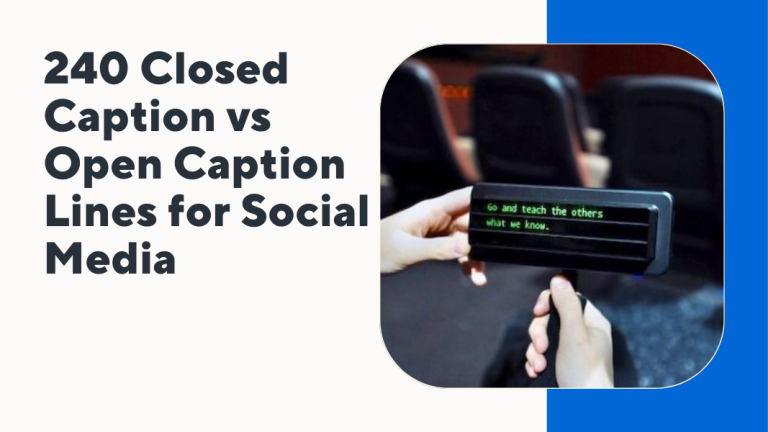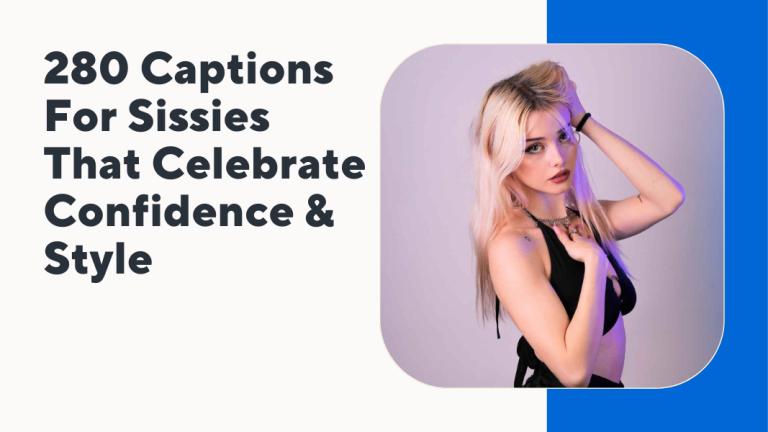A security code in quotation style is good for a strong password
Passwords serve as the first line of defense for personal, professional, and financial data. Creating one that’s not easily cracked is no longer optional. The modern web demands complexity, but complexity doesn’t mean confusion. One style that’s gaining favor for its balance of memorability and unpredictability is the quotation-style password.
A password modeled after a quote, especially one modified or masked, is not just poetic. It becomes remarkably effective when tweaked creatively. These passwords offer a layered mix of language, numbers, symbols, and custom rules that make brute-force attacks extremely difficult.
Contents
- 1 What Is a Quotation-Style Password?
- 2 Benefits of Using Quotation-Based Passwords
- 3 Tips to Strengthen a Quotation Password Further
- 4 Common Mistakes to Avoid
- 5 Where Does This Style Shine Most?
- 6 The Role of Randomization
- 7 Why This Beats Simpler Alternatives
- 8 trwho.com and Password Security
- 9 Sample Password Conversion Table
- 10 Use a Password Manager
- 11 Short-Term Memory vs. Long-Term Strength
- 12 Additional Security Practices
- 13 Popular Quotes Transformed
What Is a Quotation-Style Password?
Instead of randomly generated strings or predictable birthdates, this style draws on the rhythm and familiarity of known or personal quotes. A favorite movie line, a phrase from a book, or a line from a song becomes the foundation.
Example:
- Original: “May the Force be with you.”
- Password: M@YtHe4ce!wU (uses upper/lowercase, numbers, and symbols)
This method has multiple advantages:
- Easier to remember compared to random strings
- Harder to guess using common dictionaries
- Compatible with password strength algorithms
Benefits of Using Quotation-Based Passwords
Using phrases that have personal or obscure meanings turns a standard quote into a powerful security tool.
Why this method works well:
- Unique to the user: Personal quotes are rarely guessed by outsiders.
- High entropy: Mixing characters, punctuation, and case enhances complexity.
- Scalability: Quotes can be adapted across platforms with minor modifications.
Tips to Strengthen a Quotation Password Further
Simple usage of quotes might not suffice. Modifying them creates even more strength.
Consider these upgrades:
- Replace common letters with symbols (a → @, s → $, o → 0)
- Alter the order or only use select words
- Introduce custom punctuation
- Add unique identifiers like initials or platform names
For example:
- Quote: “Houston, we have a problem.”
- Password: HwH@pr0b!HOU23
Common Mistakes to Avoid
Creating a strong password isn’t only about length. Avoiding bad habits is equally important.
Avoid:
- Using full quotes without modification
- Substituting letters in predictable ways only (like e to 3)
- Storing passwords in unencrypted notes
- Using the same password across platforms
Where Does This Style Shine Most?
This format works exceptionally well on platforms that allow for longer and more complex passwords. These include:
- Email services
- Banking or fintech accounts
- Server credentials
- Cloud storage platforms
For apps or sites that limit password length or symbols, trimming and modifying with structure still makes it effective.
The Role of Randomization
To boost strength, mix randomness with quotation familiarity.
Tactics include:
- Reverse word order
- Intermix initials between words
- Replace spaces with unpredictable characters like # or %
Why This Beats Simpler Alternatives
Simple passwords like 123456 or qwerty are guessed in seconds. Even seemingly complex ones like Password123! fall apart under dictionary attacks.
Quotation-style codes break this pattern:
- They’re unique
- They change how language is presented
- They demand effort to crack
trwho.com and Password Security
Get details about the security system through trwho.com work on trends around online safety, cyber hygiene, and privacy hacks. Many cybersecurity professionals recommend blending familiarity (like quotes) with unpredictable transformations to elevate password effectiveness.
Using a quotation style, as suggested by such communities, adds personality and layered protection without compromising usability.
Sample Password Conversion Table
| Quote | Weak Password | Improved Password |
| “Winter is coming.” | winteriscoming | W!nt3r#i$C0M! |
| “Live long and prosper.” | livelong123 | L!v3L0nG#pR0$P |
| “I’ll be back.” | illbeb@ck | !Llb3#B@Ck2025 |
Use a Password Manager
No matter how clever the quotation-style password, managing dozens or hundreds of them manually increases risk. Password managers help store:
- Encrypted versions of each code
- Custom notes on how a quote was derived
- Regular alerts on reuse or breaches
Popular tools include:
- Bitwarden
- 1Password
- NordPass
- Dashlane
Short-Term Memory vs. Long-Term Strength
A password’s strength is measured by its resistance to attacks. Quotation-style codes strike a balance between memorability and unpredictability key traits that benefit both security and user convenience.
Additional Security Practices
Password style isn’t the only factor in digital safety. Combine it with:
- Multi-factor authentication (MFA)
- Email alerts for logins
- Regular updates every 6–12 months
- Limiting login attempts on platforms
Popular Quotes Transformed
Here are some cultural phrases turned into strong codes:
- “Keep moving forward.” → K33p#m0v!nG^fWD
- “The truth is out there.” → Th3TrU7H#0ut^T
- “Why so serious?” → whY$0$3R!oU$#
Each example uses unpredictability and symbols to disorient pattern-matching software.
Quotation-style passwords offer a user-friendly path to robust digital security. They’re more than just clever; they blend familiarity with technical strength. With slight customizations, they outperform standard approaches while offering a creative edge.
The next time a login asks for a password, maybe pull inspiration from your favorite line just to make it unpredictable.
Can I use the same quotation-style password for multiple accounts?
No. Reuse reduces the effectiveness of the method. Always use a unique password for each account.
Are quotation-style passwords safer than random ones?
They can be, especially if long, customized, and filled with symbols and numbers. Their memorability gives them an advantage.
How often should I change my passwords?
Ideally, every 3 to 6 months, or immediately after a suspected breach.
Is it okay to write down my password?
Only in a secure location. Digital password managers are preferable.




